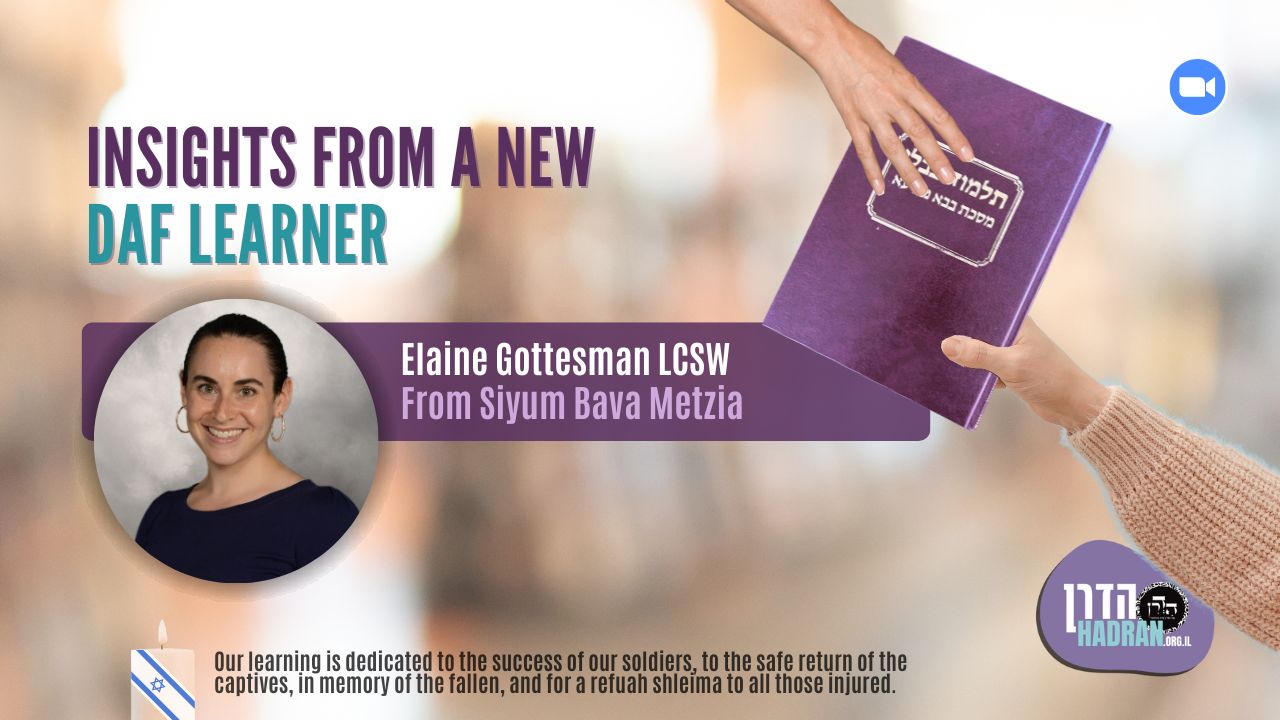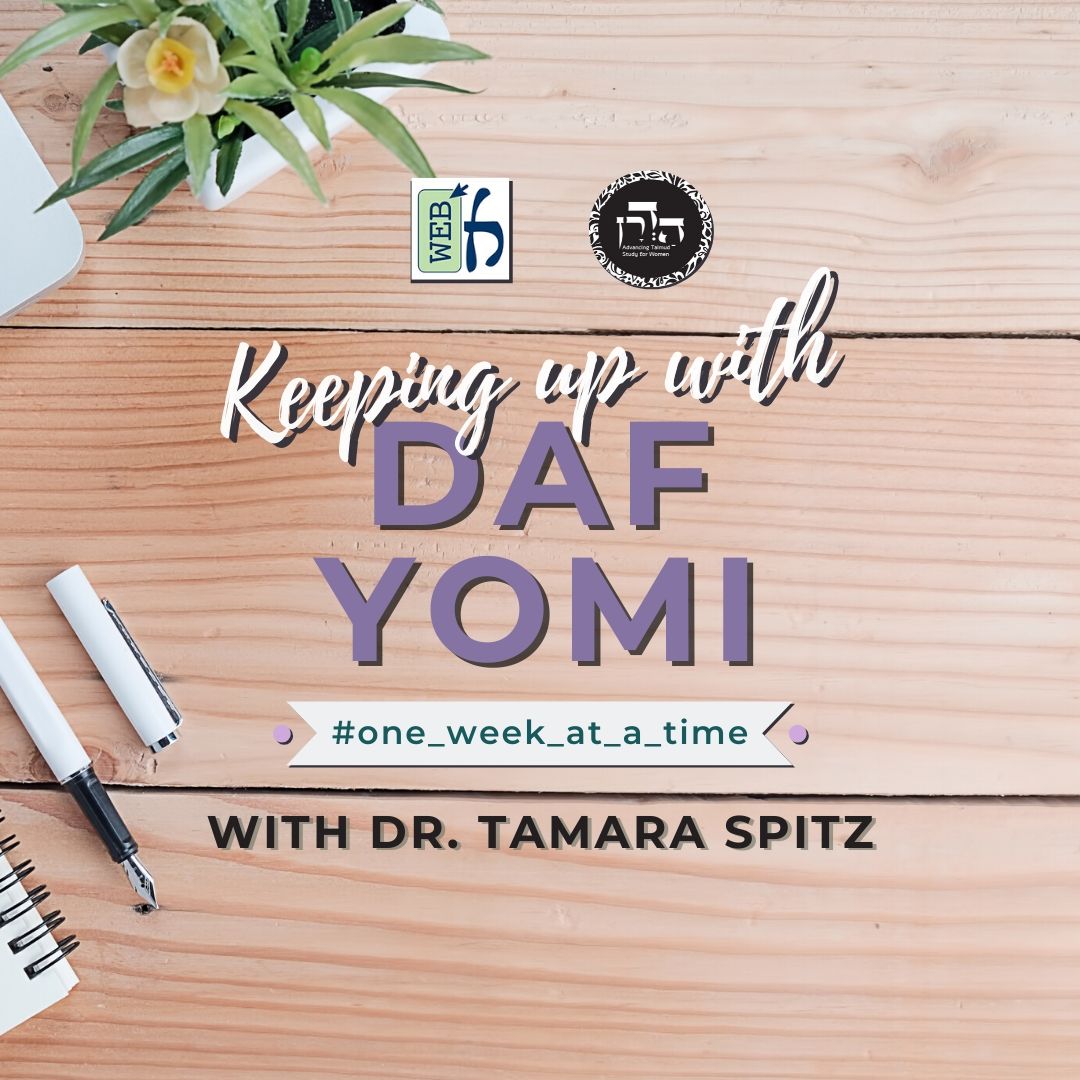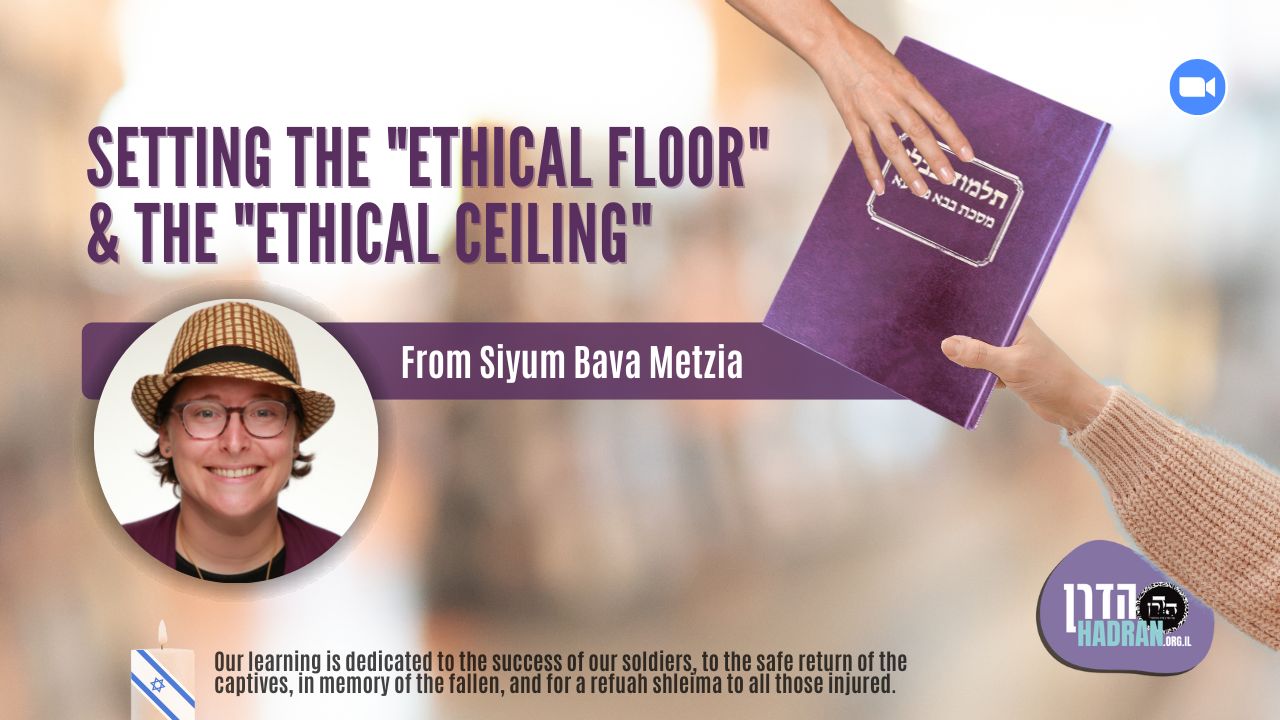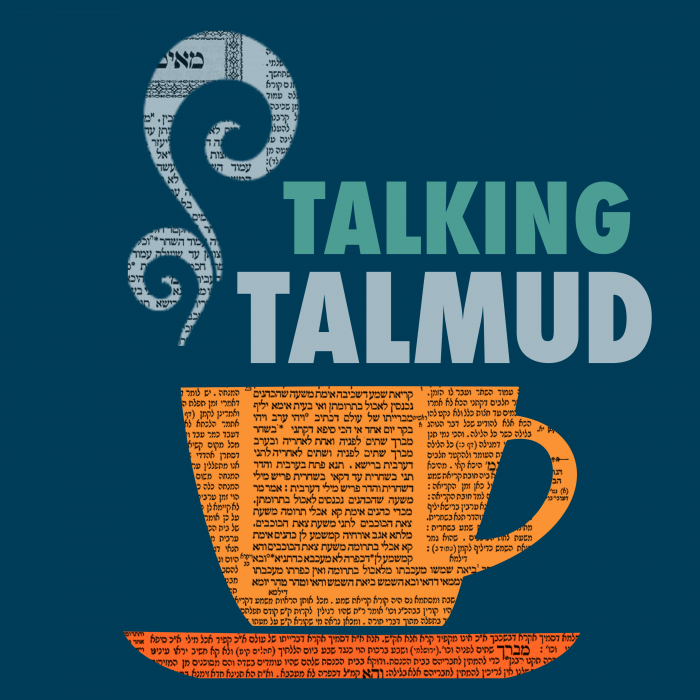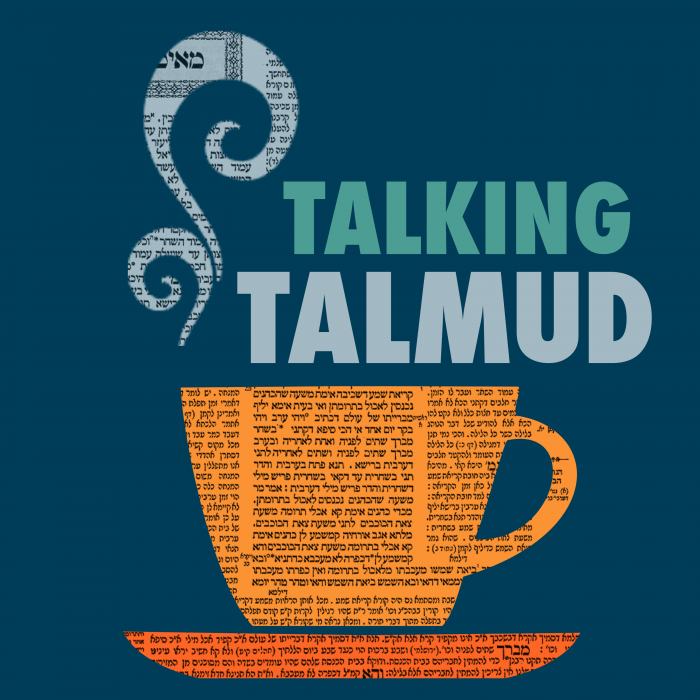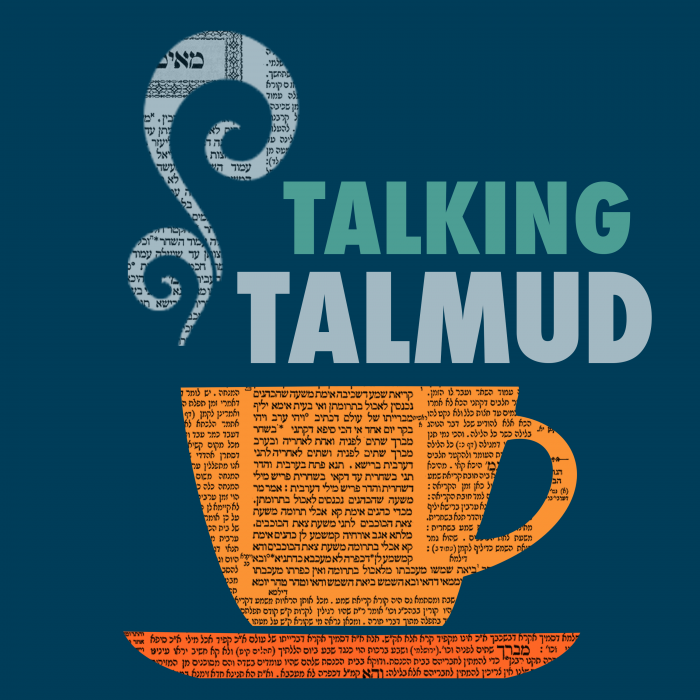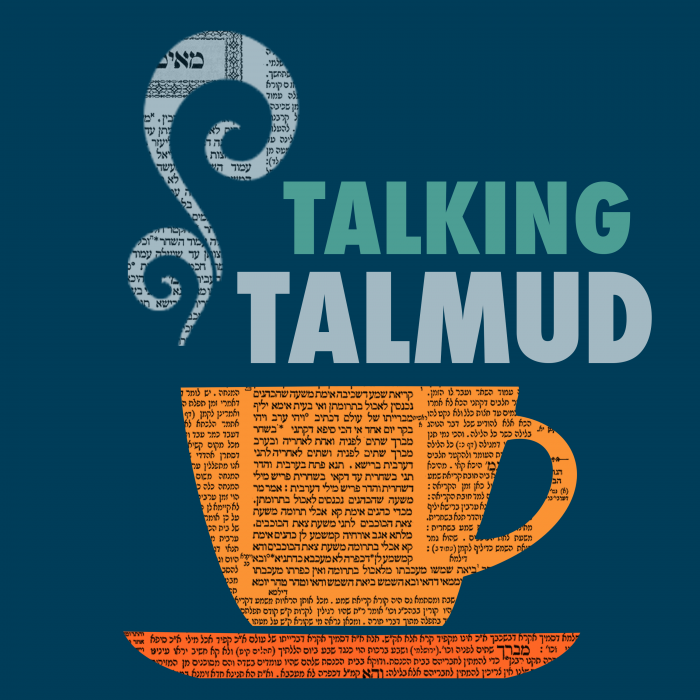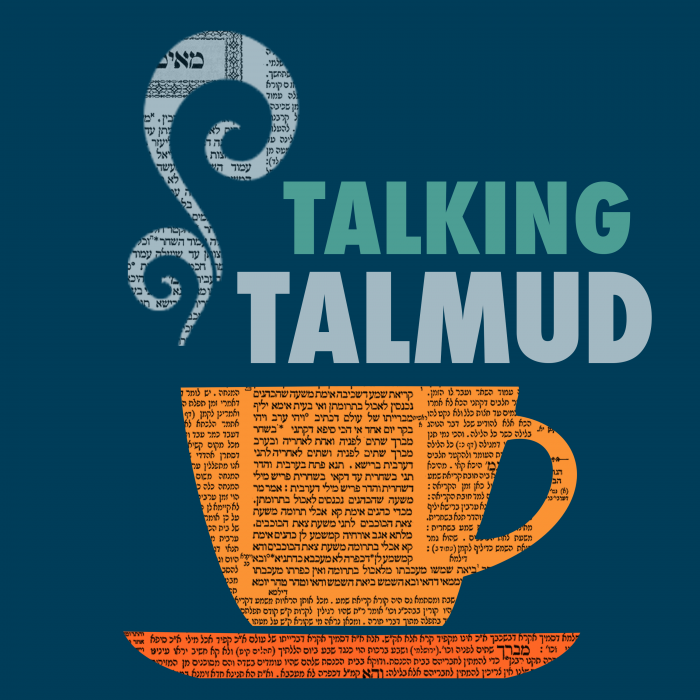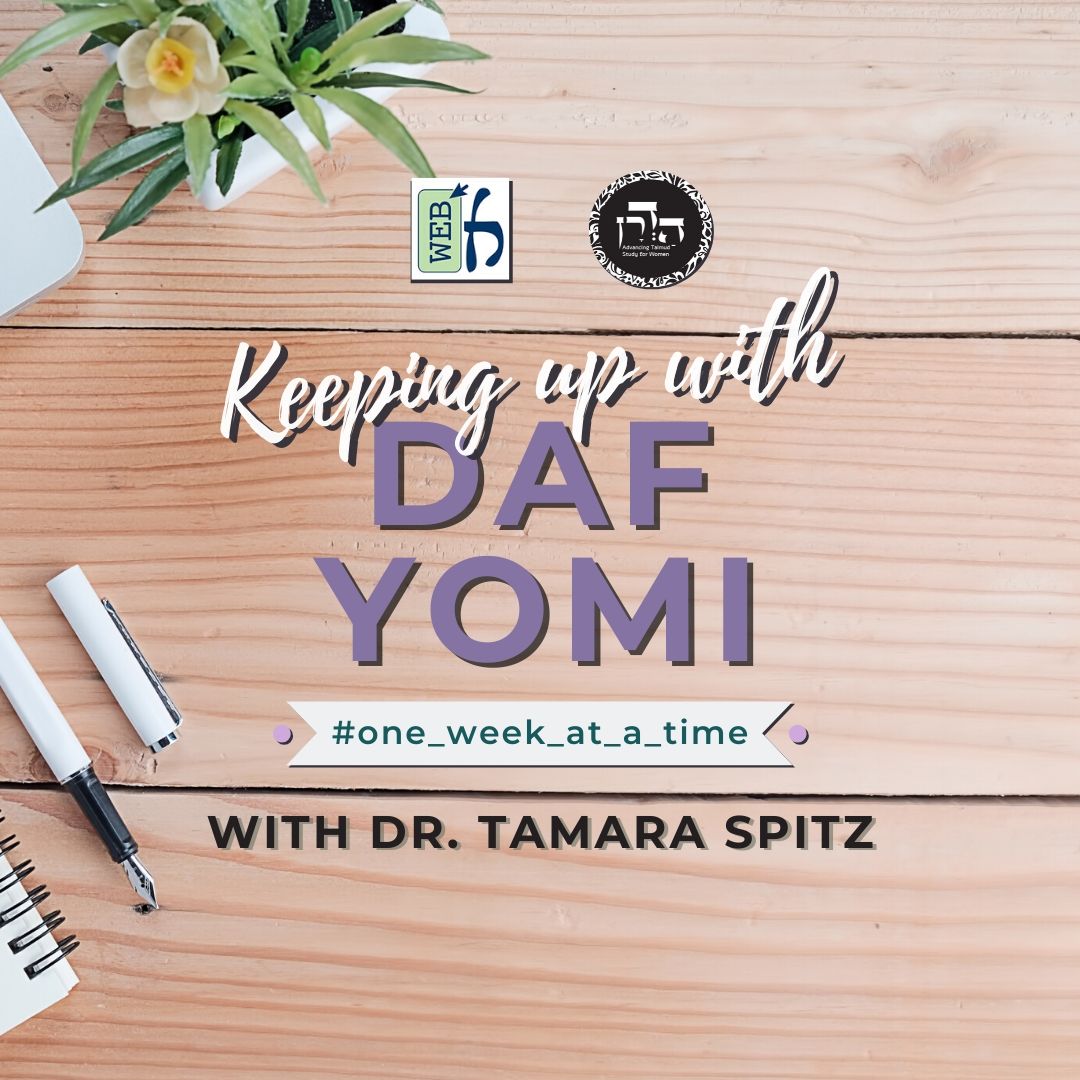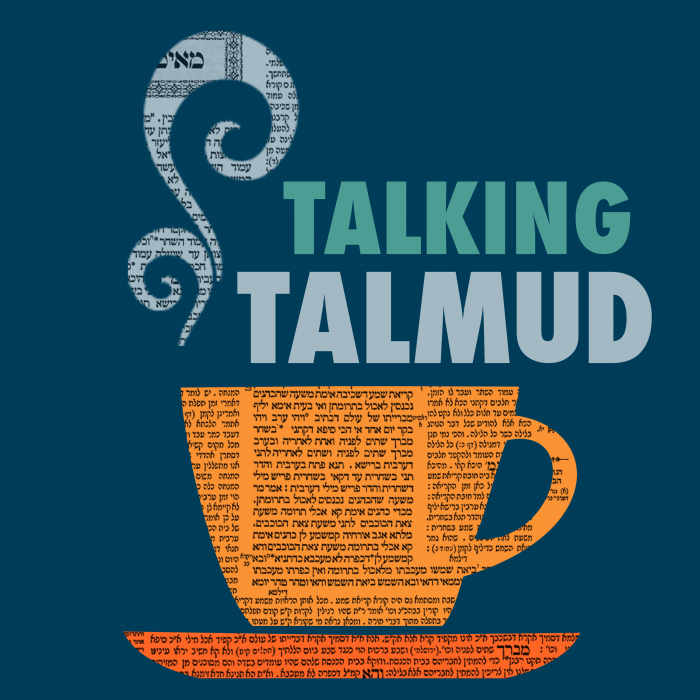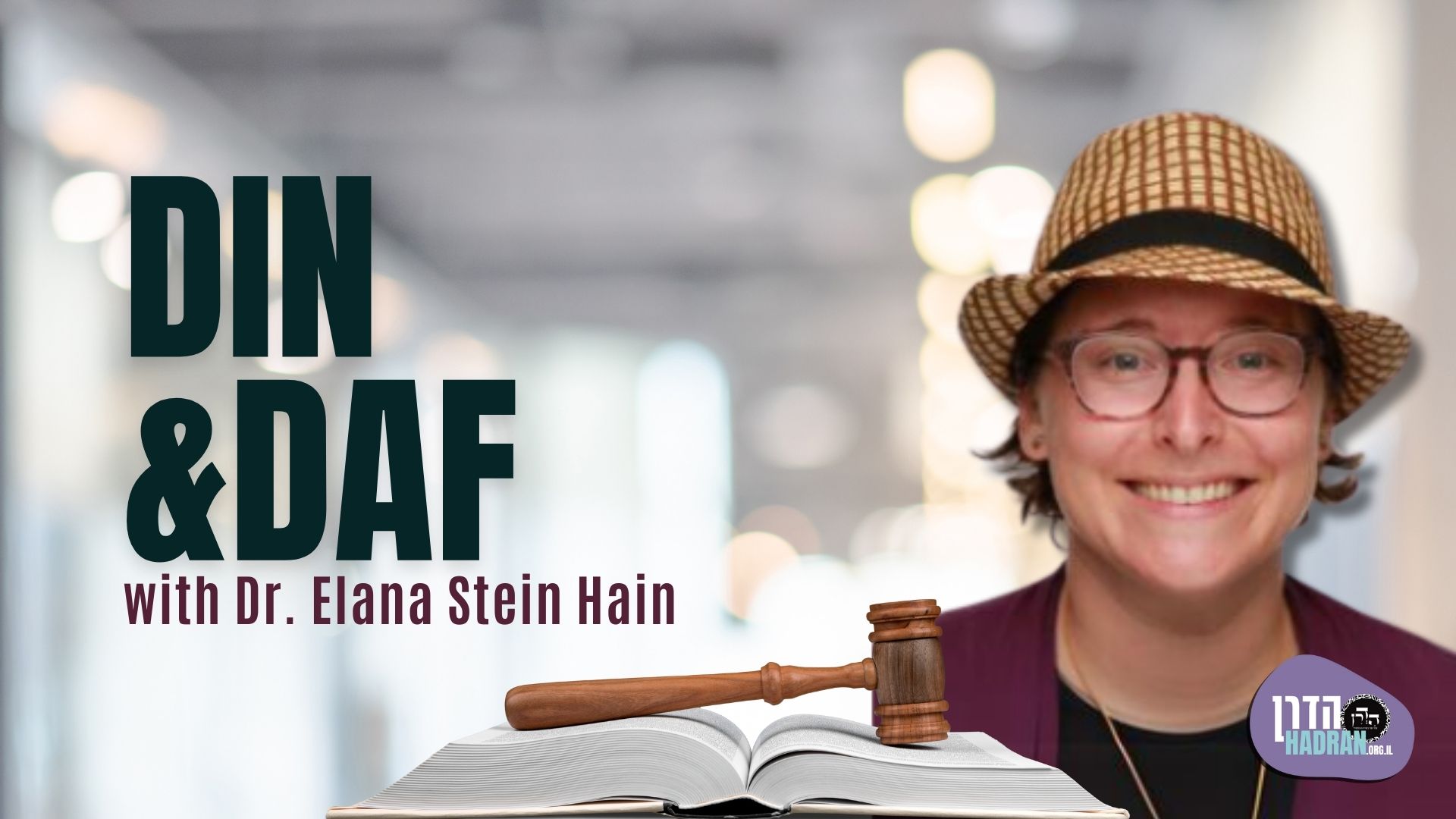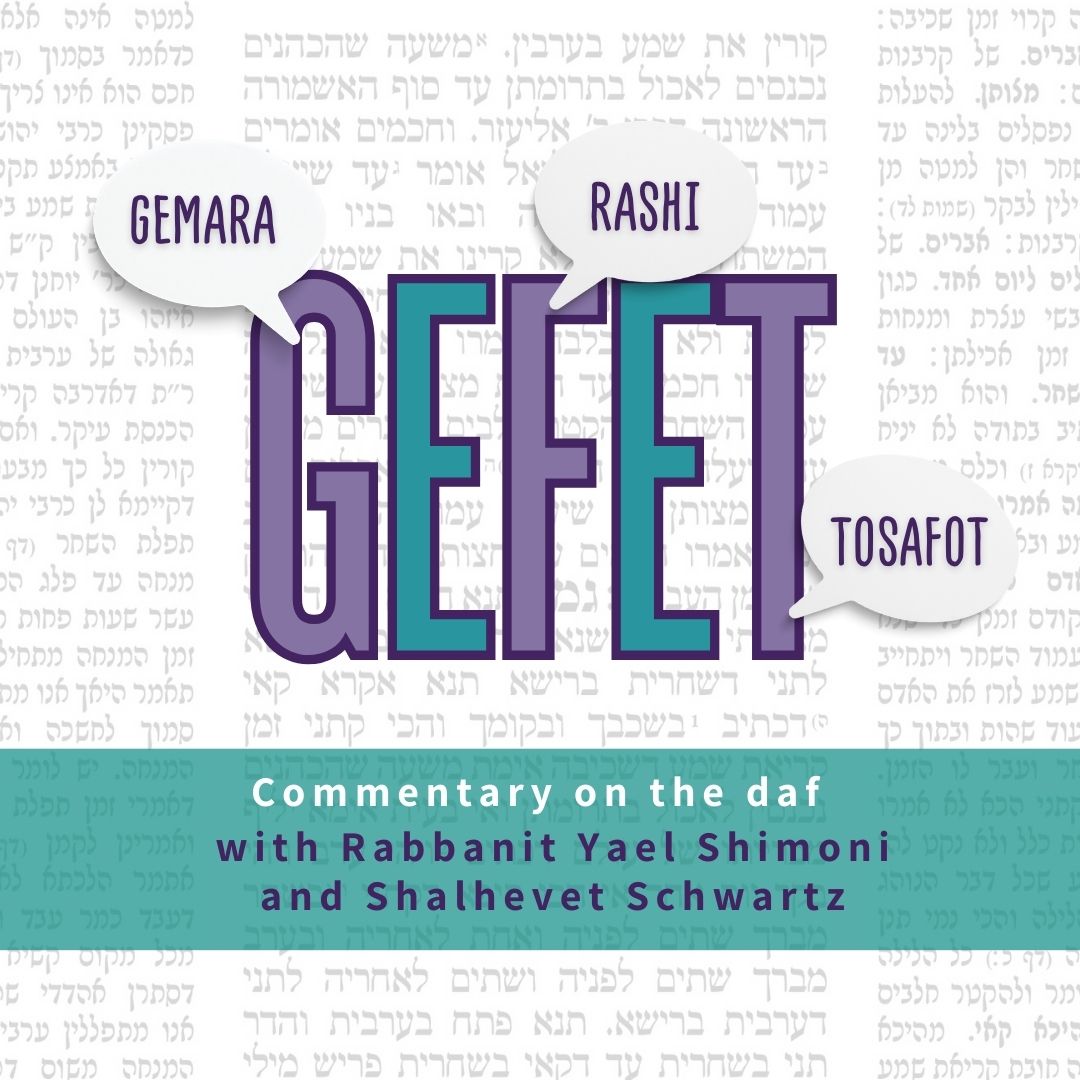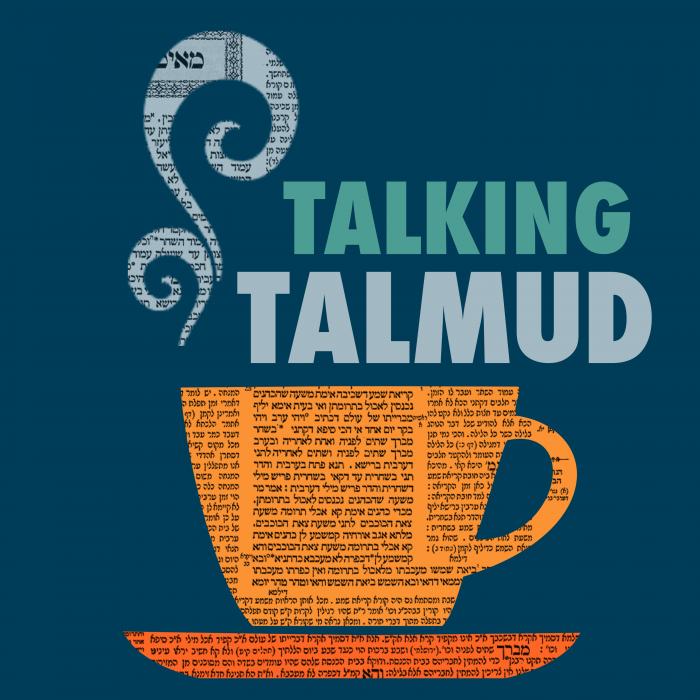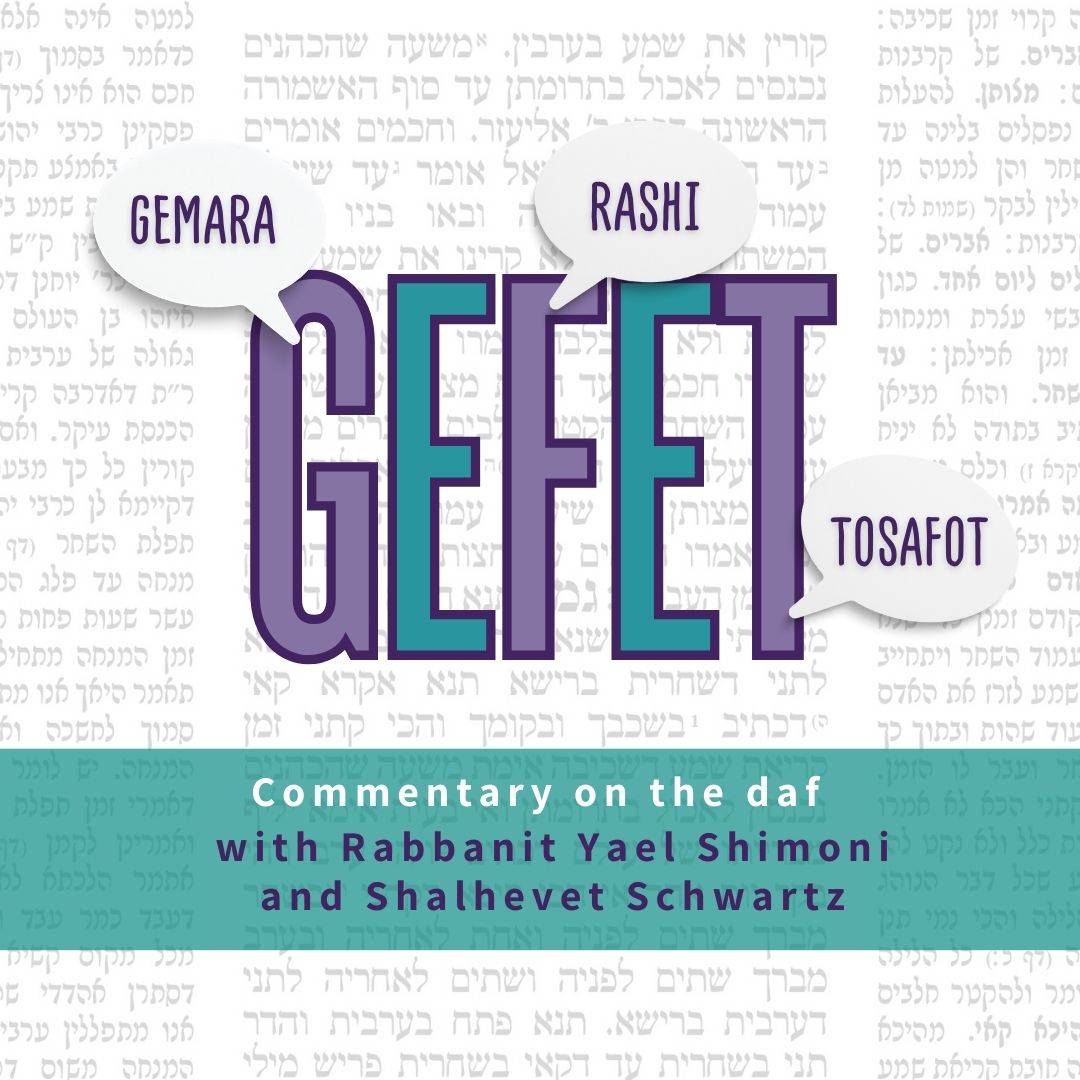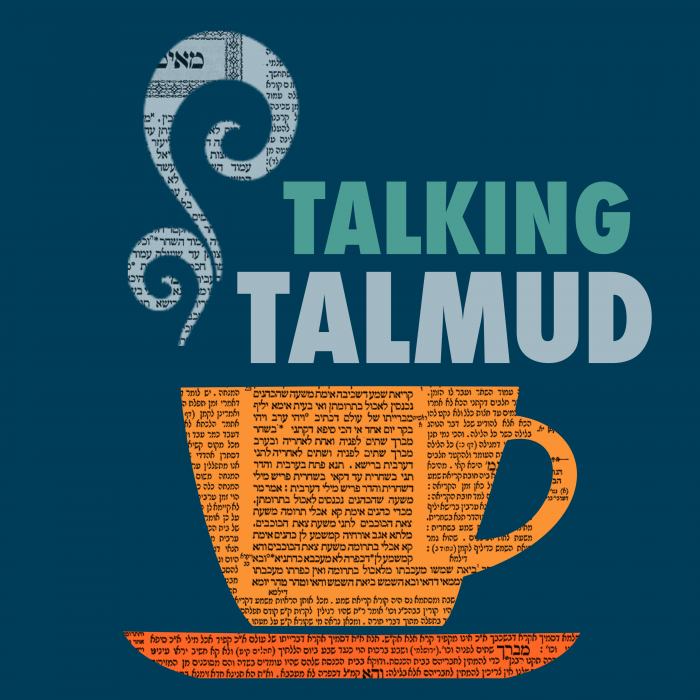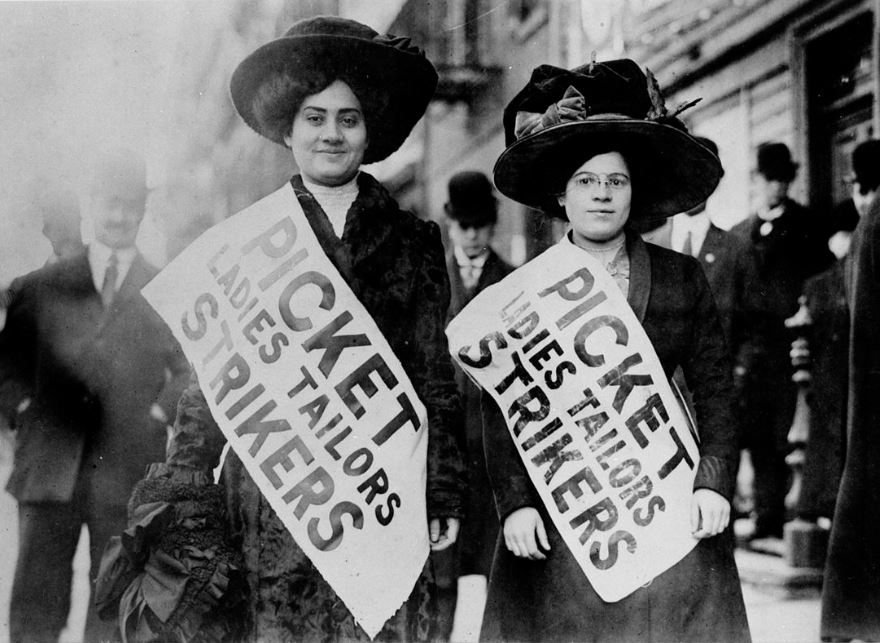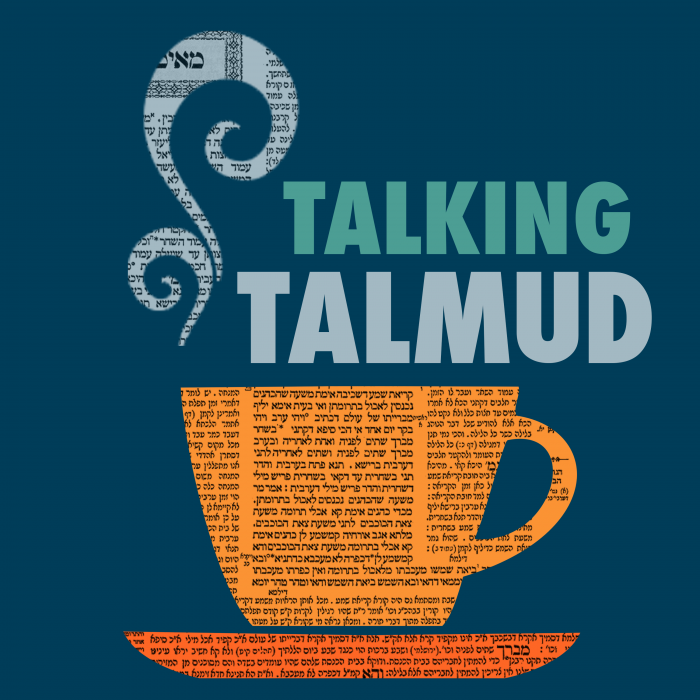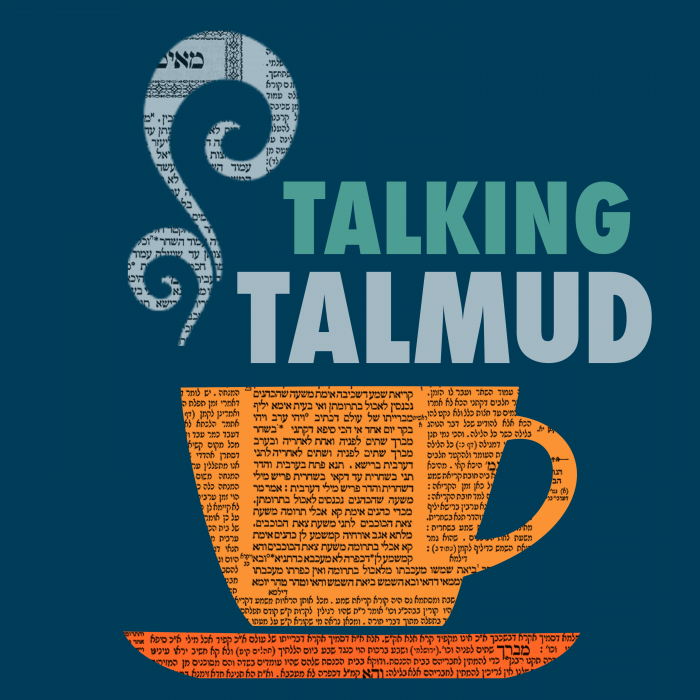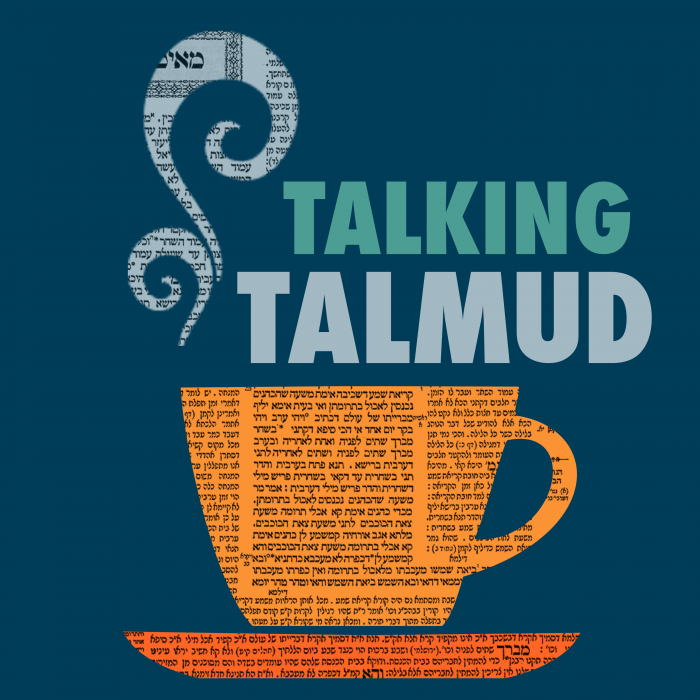Bava Metzia 5
וּלְמַאן דְּאָמַר הֵילָךְ פָּטוּר, אַמַּאי אִיצְטְרִיךְ קְרָא לְמַעוֹטֵי קַרְקַע מִשְּׁבוּעָה? הָא כׇּל קַרְקַע הֵילָךְ הוּא.
The Gemara asks: But according to Rav Sheshet, with regard to the one who says that in a case where the debtor says: Here you are, he is exempt from taking an oath, why was it necessary for the verse to exclude a claim of land ownership from the defendant’s obligation to take an oath when he admits part of the claim? The exclusion of land is derived from the verse: “For any matter of trespass, for an ox, for a donkey, for a sheep, for a garment, for any lost item about which one shall say: This is it, the claims of both of them shall come before the judges” (Exodus 22:8). But all cases involving one who admits to part of the claim involving land are cases where the defendant effectively says: Here you are, as land always remains in its location. Therefore, the derivation from the verse appears to be unnecessary.
אָמַר לָךְ: אִיצְטְרִיךְ קְרָא הֵיכָא דְּחָפַר בָּהּ בּוֹרוֹת שִׁיחִין וּמְעָרוֹת.
The Gemara answers that Rav Sheshet could have said to you: The verse was necessary in a case where the defendant dug pits, ditches, and caves in the land that he is returning to the plaintiff. Since the land has been damaged and is no longer in its prior state, the defendant is not effectively saying: Here you are.
אִי נָמֵי, הֵיכָא דִּטְעָנוֹ כֵּלִים וְקַרְקָעוֹת, וְהוֹדָה בַּכֵּלִים וְכָפַר בַּקַּרְקָעוֹת.
Alternatively, there is the case where one claimed that another owed him vessels and land, and the defendant admitted to the claim involving the vessels and denied the claim involving the land. The verse teaches that although the defendant denied part of the claim and did not effectively say: Here you are, he is not obligated to take an oath with regard to the land.
תָּא שְׁמַע, דְּתָנֵי רָמֵי בַּר חָמָא: אַרְבָּעָה שׁוֹמְרִין צְרִיכִין כְּפִירָה בְּמִקְצָת וְהוֹדָאָה בְּמִקְצָת. שׁוֹמֵר חִנָּם, וְהַשּׁוֹאֵל, נוֹשֵׂא שָׂכָר, וְהַשּׂוֹכֵר.
Come and hear a proof for Rabbi Ḥiyya’s opinion, as Rami bar Ḥama teaches a baraita: All four types of bailees mentioned in the Torah require denial of part of the claim and admission of part of the claim in order to incur liability to take an oath when someone claims to have given them an item as a deposit. This applies to an unpaid bailee, who receives no payment in exchange for safeguarding the item, and a borrower, who does not pay the owner in exchange for the right to use the item, as well as a paid bailee, who receives payment in exchange for safeguarding the item, and a renter, who rents an item in order to use it and pays the owner in exchange for that right.
הֵיכִי דָּמֵי? לָאו דַּאֲמַר לֵיהּ: הֵילָךְ!
The Gemara elaborates: What are the circumstances in which the bailees both deny part of the claim and admit to part of the claim? Is it not referring to a case where the bailee said to the one who deposited the item: With regard to the items that I admit to having received from you: Here you are, and as to the rest, I never received them and I am therefore not obligated to return them? This supports Rabbi Ḥiyya’s opinion that one who says: Here you are, is obligated to take an oath.
לָא, דַּאֲמַר לֵיהּ: שָׁלֹשׁ פָּרוֹת מָסַרְתִּי לָךְ וּמֵתוּ כּוּלְּהוּ בִּפְשִׁיעָה. וְאָמַר לֵיהּ אִיהוּ: חֲדָא – לָא הָיוּ דְבָרִים מֵעוֹלָם, וַחֲדָא – מֵתָה בְּאוֹנֶס, וַחֲדָא – מֵתָה בִּפְשִׁיעָה דִּבְעֵינָא שַׁלּוֹמֵי לָךְ. דְּלָאו ״הֵילָךְ״ הוּא.
The Gemara rejects this: No, Rami bar Ḥama is referring to a different case, for example, a case where the depositor said to the unpaid bailee: I gave you three cows and they all died due to your negligence. You are therefore liable to pay for them. And the bailee said to him: With regard to one cow, this matter never happened. In other words, I received only two cows, not three. And one of the cows died due to an unavoidable accident, and I am exempt from paying for it. And the other one died due to my negligence, for which I need to pay you. In that case, although he admits to part of the claim, it is not a case of: Here you are, as he is not returning the cow itself.
תָּא שְׁמַע, דְּתָנֵי אֲבוּהּ דְּרַבִּי אַפְטוֹרִיקִי לִדְרַבִּי חִיָּיא קַמַּיְיתָא: מָנֶה לִי בְּיָדְךָ, וְהַלָּה אוֹמֵר: אֵין לְךָ בְּיָדִי כְּלוּם, וְהָעֵדִים מְעִידִים אוֹתוֹ שֶׁיֵּשׁ בְּיָדוֹ חֲמִשִּׁים זוּז, יָכוֹל יִשָּׁבַע עַל הַשְּׁאָר –
§ Come and hear a challenge to the first halakha of Rabbi Ḥiyya, as the father of Rabbi Aptoriki taught in a baraita: If one says to another: I have one hundred dinars in your possession, and the other says: Nothing of yours is in my possession, and the witnesses testify that he has fifty dinars in his possession that he owes the plaintiff, one might have thought that he should take an oath about the remainder.
תַּלְמוּד לוֹמַר: ״עַל כׇּל אֲבֵידָה אֲשֶׁר יֹאמַר כִּי הוּא זֶה״. עַל הוֹדָאַת פִּיו אַתָּה מְחַיְּיבוֹ, וְאִי אַתָּה מְחַיְּיבוֹ עַל הַעֲדָאַת עֵדִים!
To counter this, the verse states with regard to bailees: “For any matter of trespass, for an ox, for a donkey, for a sheep, for a garment, for any lost item about which one shall say: This is it, the claims of both of them shall come before the judges” (Exodus 22:8). This indicates that you obligate the defendant to take an oath based on the admission to part of a claim by his mouth, but you do not obligate him to take an oath based on the testimony of witnesses.
מַתְנִיתָא קָא רָמֵית עֲלֵיהּ דְּרַבִּי חִיָּיא?! רַבִּי חִיָּיא תַּנָּא הוּא וּפָלֵיג.
The Gemara rejects this challenge: Are you raising an objection to the opinion of Rabbi Ḥiyya from a baraita? Rabbi Ḥiyya himself is a tanna, and as such, he has the authority to dispute the determination in a baraita.
וְהָא קְרָא קָאָמַר! הָהוּא לְמוֹדֶה מִקְצָת הַטַּעֲנָה.
The Gemara asks: But doesn’t that tanna cite a verse? The Gemara answers: According to Rabbi Ḥiyya, that verse teaches that one who admits to part of the claim is obligated to take an oath.
וַאֲבוּהּ דְּרַבִּי אַפְטוֹרִיקִי אָמַר לָךְ, כְּתִיב ״הוּא״ וּכְתִיב ״זֶה״, חַד לְמוֹדֶה מִקְצָת הַטַּעֲנָה, וְחַד לְהַעֲדָאַת עֵדִים דְּפָטוּר.
And Rabbi Aptoriki’s father could have said to you that both halakhot are derived from the expression “This is it.” Since “this” is written and “it” is also written, it is interpreted that one word is stated to teach that one who admits to part of the claim is obligated to take an oath, and one word is stated to teach that in a case that involves the testimony of witnesses, one is exempt from taking an oath.
וְאִידָּךְ: חַד לְמוֹדֶה מִקְצָת הַטַּעֲנָה, וְחַד לְמוֹדֶה מִמִּין הַטַּעֲנָה.
The Gemara asks: And how does the other Sage, Rabbi Ḥiyya, interpret the double qualification in the verse? The Gemara answers: In his opinion, one word is stated to teach that one who admits to part of the claim is obligated to take an oath, and one word is stated to teach that one is obligated to take an oath only if he admits that he owes an item that is of the same type as the subject of the claim. If the plaintiff claims one type of item and the defendant admits to owing a different type of item, he is not obligated to take an oath.
וְאִידַּךְ מוֹדֶה מִמִּין הַטַּעֲנָה לֵית לֵיהּ, וְסָבַר לֵיהּ כְּרַבָּן גַּמְלִיאֵל, דִּתְנַן: טְעָנוֹ חִטִּין, וְהוֹדָה לוֹ בִּשְׂעוֹרִין, פָּטוּר. וְרַבָּן גַּמְלִיאֵל מְחַיֵּיב.
And the other Sage, Rabbi Aptoriki’s father, does not accept the principle that one is required to take an oath only if he admits that he owes an item that is of the same type as the subject of the claim, but he holds like Rabban Gamliel in this matter. As we learned in a mishna (Shevuot 38b): If one claimed that another owes him wheat, and the defendant admitted to owing him barley, which is less expensive than wheat, he is exempt from taking an oath despite his admission to part of the claim, as his admission does not correspond to the claim. And Rabban Gamliel deems him liable to take an oath.
הָהוּא רָעֲיָא דְּהָווּ מָסְרִי לֵיהּ כׇּל יוֹמָא חֵיוָתָא בְּסָהֲדֵי. יוֹמָא חַד מְסַרוּ לֵיהּ בְּלָא סָהֲדֵי. לְסוֹף אָמַר לְהוּ: לֹא הָיוּ דְבָרִים מֵעוֹלָם. אֲתוֹ סָהֲדֵי אַסְהִידוּ בֵּיהּ דַּאֲכַל תַּרְתֵּי מִינַּיְיהוּ. אֲמַר רַבִּי זֵירָא: אִם אִיתָא לִדְרַבִּי חִיָּיא קַמַּיְיתָא, מִשְׁתְּבַע אַשְּׁאָרָא.
§ The Gemara relates: There was a certain shepherd to whom people would give their animals for safekeeping every day in the presence of witnesses. One day, they gave him their animals without witnesses. At the end of the day he said to the owners of the animals: This matter never occurred; I never received the animals. Witnesses came and testified against him that he ate two of them. Rabbi Zeira said: If Rabbi Ḥiyya’s first halakha is so, the shepherd must take an oath with regard to the remainder, or else he must pay the value of the animals to their owners.
אֲמַר לֵיהּ אַבָּיֵי: אִם אִיתָא מִשְׁתְּבַע?! וְהָא גַּזְלָן הוּא! אֲמַר לֵיהּ: שֶׁכְּנֶגְדּוֹ קָאָמֵינָא.
Abaye said to him: If Rabbi Ḥiyya’s first halakha is so, the shepherd takes an oath? Isn’t he a robber? The witnesses established through their testimony that he took and ate some of the animals, and consequently his oath lacks credibility. Rabbi Zeira said to him: I did not mean that the shepherd takes an oath; I was saying that the party opposing him takes an oath and collects payment.
הַשְׁתָּא נָמֵי דְּלֵיתָא לִדְרַבִּי חִיָּיא, נְחַיְּיבֵיהּ מִדְּרַב נַחְמָן.
The Gemara comments: Now, too, if it is so that the halakha is not in accordance with the opinion of Rabbi Ḥiyya, and testimony supporting part of the claim does not obligate the defendant to take an oath with regard to the rest, the court should still obligate the shepherd to take an oath due to the ordinance of Rav Naḥman, and since his oath is not deemed credible the plaintiff should take an oath and collect payment.
דִּתְנַן: מָנֶה לִי בְּיָדְךָ, אֵין לְךָ בְּיָדִי – פָּטוּר. וְאָמַר רַב נַחְמָן: מַשְׁבִּיעִין אוֹתוֹ שְׁבוּעַת הֶיסֵּת.
As we learned in a mishna (Shevuot 38b): If one says to another: I have one hundred dinars in your possession, and that person replies: Nothing of yours is in my possession, he is exempt from taking an oath. And Rav Naḥman says: Nevertheless, the judges administer an oath of inducement to him. Rav Naḥman instituted an ordinance that even if the defendant completely denies the claim, he is obligated to take an oath that the claim is false. Consequently, the shepherd is obligated to take that oath.
דְּרַב נַחְמָן תַּקַּנְתָּא הִיא,
The Gemara responds: This halakha of Rav Naḥman is a rabbinic ordinance and not an oath required by Torah law,
וְתַקַּנְתָּא לְתַקַּנְתָּא לָא עָבְדִינַן.
Likewise, the halakha that if the defendant is suspect with regard to taking a false oath the plaintiff takes the oath and collects the money is also a rabbinic ordinance, and we do not institute one rabbinic ordinance upon another rabbinic ordinance. Therefore no oath is administered.
וְתִיפּוֹק לֵיהּ דְּהָוֵה לֵיהּ רוֹעֶה! וְאָמַר רַב יְהוּדָה: סְתָם רוֹעֶה פָּסוּל.
The reason cited for the lack of credibility of the oath of the shepherd is that he is guilty of robbery. The Gemara asks: But why not let Rabbi Zeira derive that he is disqualified from testifying or taking an oath because he is a shepherd; and Rav Yehuda says that an ordinary shepherd is disqualified from testifying? A shepherd is presumed to be a robber since shepherds allow the animals under their care to graze in the fields of other people.
לָא קַשְׁיָא: הָא דִידֵיהּ, הָא דְּעָלְמָא. דְּאִי לָא תֵּימָא הָכִי, אֲנַן חֵיוָתָא לְרוֹעָה הֵיכִי מָסְרִינַן? וְהָא כְּתִיב: ״לִפְנֵי עִוֵּר לֹא תִתֵּן מִכְשֹׁל״! אֶלָּא חֲזָקָה: אֵין אָדָם חוֹטֵא וְלֹא לוֹ.
The Gemara rejects this: This is not difficult. That case, where he is presumed a robber, is a case where he herds his own animals, and this case, where he is not presumed a robber, is a case where he herds animals that belong to others. As if you do not say so, if even one who herds the animals of others is presumably a robber, how do we give our animals to a shepherd? Isn’t it written: “Do not put a stumbling block before the blind” (Leviticus 19:14)? It is prohibited to cause others to commit a transgression. Rather, there is a presumption that a person sins only for his own benefit, and one would not commit robbery for the benefit of animals that are not his.
זֶה יִשָּׁבַע שֶׁאֵין לוֹ בָּהּ פָּחוֹת מֵחֶצְיָהּ [וְכוּ׳]. עַל דְּאִית לֵיהּ מִשְׁתְּבַע, אוֹ עַל דְּלֵית לֵיהּ מִשְׁתְּבַע! אָמַר רַב הוּנָא, דְּאָמַר: שְׁבוּעָה שֶׁיֵּשׁ לִי בָּהּ וְאֵין לִי בָּהּ פָּחוֹת מֵחֶצְיָהּ.
§ The mishna teaches: This one takes an oath that he does not have ownership of less than half of it, and that one takes an oath that he does not have ownership of less than half of it, and they divide it. The Gemara asks: Does he take an oath with regard to the part that he has in his grasp, taking an oath that it is his, or does he take an oath with regard to the part that he does not have, i.e., that he does not have a claim to less than half of it? The latter wording of the oath is problematic, as he may mean that he does not have a claim to the garment at all. Rav Huna said: He must take an oath in which he says: I hereby take an oath that I have a claim to it, and I hereby take an oath that I do not have a claim to less than half of it.
וְנֵימָא שְׁבוּעָה שֶׁכּוּלָּהּ שֶׁלִּי. וּמִי יָהֲבִינַן לֵיהּ כּוּלַּהּ?
The Gemara asks: But let him say: I hereby take an oath that all of it is mine, as that is his claim. Why does he take an oath that merely half of it belongs to him? The Gemara answers: And would we give him all of it if he took such an oath? Since he will not be awarded the entire garment, it would be inappropriate for the court to administer to him an oath that he owns all of it.
וְנֵימָא שְׁבוּעָה שֶׁחֶצְיָהּ שֶׁלִּי – מַרַע לֵיהּ לְדִיבּוּרֵיהּ.
The Gemara asks: But let him say: I hereby take an oath that half of it is mine. Why is the complicated formulation suggested by Rav Huna necessary? The Gemara answers: If he takes an oath to that effect he compromises his initial statement, i.e., his claim that the entire garment is his.
הַשְׁתָּא נָמֵי מַרַע לֵיהּ לְדִיבּוּרֵיהּ. דְּאָמַר: כּוּלָּהּ שֶׁלִּי, וּלְדִבְרֵיכֶם – שְׁבוּעָה שֶׁיֵּשׁ לִי בָּהּ וְאֵין לִי בָּהּ פָּחוֹת מֵחֶצְיָהּ.
The Gemara challenges: Now too, when he takes an oath according to Rav Huna’s formulation, he compromises his initial statement, as he takes an oath only with regard to his claim to half the garment. The Gemara answers: This is not so, as he makes the following statement to the court: All of it is mine; but according to your statement, I hereby take an oath that I have a claim to it and I do not have a claim to less than half of it.
וְכִי מֵאַחַר שֶׁזֶּה תָּפוּס וְעוֹמֵד וְזֶה תָּפוּס וְעוֹמֵד, שְׁבוּעָה זוֹ לָמָּה? אָמַר רַבִּי יוֹחָנָן: שְׁבוּעָה זוֹ תַּקָּנַת חֲכָמִים הִיא, שֶׁלֹּא יְהֵא כׇּל אֶחָד וְאֶחָד הוֹלֵךְ וְתוֹקֵף בְּטַלִּיתוֹ שֶׁל חֲבֵירוֹ וְאוֹמֵר: ״שֶׁלִּי הוּא״.
§ The Gemara questions the requirement that the litigants take an oath at all: But since this one is standing with half the item in his grasp and that one is standing with half the item in his grasp, and each party ultimately receives what is in his grasp, why is this oath necessary? Rabbi Yoḥanan says: This oath is an ordinance instituted by the Sages so that everyone will not go and seize the garment of another and say: It is mine.
וְנֵימָא מִיגּוֹ דַּחֲשִׁיד אַמָּמוֹנָא חֲשִׁיד נָמֵי אַשְּׁבוּעָתָא?
The Gemara asks: But let us say that since he is suspect with regard to financial dishonesty, i.e., stealing another’s property and lying in court that it belongs to him, he is also suspect with regard to taking an oath, and his oath cannot be accepted.
לָא אָמְרִינַן מִיגּוֹ דַּחֲשִׁיד אַמָּמוֹנָא חֲשִׁיד אַשְּׁבוּעָתָא. דְּאִי לָא תֵּימָא הָכִי, הַאי דְּאָמַר רַחֲמָנָא מוֹדֶה מִקְצָת הַטַּעֲנָה יִשָּׁבַע, נֵימָא מִיגּוֹ דַּחֲשִׁיד אַמָּמוֹנָא חֲשִׁיד אַשְּׁבוּעָתָא.
The Gemara answers: In principle, we do not say that since one is suspect with regard to financial dishonesty he is suspect with regard to taking an oath. This is because even one who steals property is presumed to consider taking a false oath more severe. As if you do not say so, then with regard to that which the Merciful One states, that one who admits to part of the claim must take an oath, let us also say that his oath cannot be accepted, as since he is suspect with regard to financial dishonesty he is suspect with regard to taking an oath.
הָתָם אִשְׁתְּמוֹטֵי קָא מִשְׁתְּמִיט לֵיהּ, כִּדְרַבָּה.
The Gemara rejects this proof: There, the debtor is presumably evading the creditor temporarily, in accordance with the explanation of Rabba that the debtor really intends to repay the entire debt, and the reason that he admits to owing only part of it is because he wants to buy time until he can afford to repay the entire debt.
תִּדַּע דְּאָמַר רַב אִידִי בַּר אָבִין אָמַר רַב חִסְדָּא: הַכּוֹפֵר בְּמִלְוֶה – כָּשֵׁר לְעֵדוּת. בְּפִיקָּדוֹן – פָּסוּל לְעֵדוּת.
The Gemara adds: Know that this distinction is correct, as Rav Idi bar Avin says that Rav Ḥisda says: One who denies a claim that he received a loan and is contradicted by witnesses is fit to bear witness in a different case. By contrast, if one denies receiving a deposit and witnesses testify that he is lying, he is disqualified from bearing witness in other cases. The reason for this distinction is that since money is borrowed to be spent, the assumption is that the debtor did so, and his denial is merely an attempt to buy time until he can repay the debt. A deposited item, by contrast, may not be used by the bailee, so if he denies having received the deposit he presumably stole it. Therefore, he is disqualified from bearing witness. This demonstrates the distinction between lying in court about a debt and lying about property.
אֶלָּא הָא דְּתָנֵי רָמֵי בַּר חָמָא: אַרְבָּעָה שׁוֹמְרִין צְרִיכִין כְּפִירָה בְּמִקְצָת וְהוֹדָאָה בְּמִקְצָת – שׁוֹמֵר חִנָּם וְהַשּׁוֹאֵל, נוֹשֵׂא שָׂכָר וְהַשּׂוֹכֵר, נֵימָא מִיגּוֹ דַּחֲשִׁיד אַמָּמוֹנָא חֲשִׁיד אַשְּׁבוּעָתָא!
The Gemara asks: But if one who denies having received a deposit is considered a robber, this is contradicted by that baraita that Rami bar Ḥama teaches: All four types of bailees mentioned in the Torah require denial of part of the claim and admission of part of the claim in order to be liable to take an oath: These four are an unpaid bailee, and a borrower; a paid bailee, and a renter. Since a bailee has no need to buy time, let us say that the court cannot administer an oath to the bailee, as since he is suspect with regard to financial dishonesty he is suspect with regard to taking an oath as well.
הָתָם נָמֵי אִשְׁתְּמוֹטֵי קָא מִשְׁתְּמִיט. סָבַר: מַשְׁכַּחְנָא לְגַנָּב וְתָפֵיסְנָא לֵיהּ. אִי נָמֵי מַשְׁכַּחְנָא לֵיהּ בַּאֲגַם וּמַיְיתֵינָא לֵיהּ.
The Gemara answers: There too, in the case of a bailee, it is conceivable that the bailee is not a robber; rather, the deposit was stolen and the bailee is evading the depositor temporarily, thinking: If I have enough time I will find the thief and seize the deposit and return it. Alternatively, if the deposit was lost, the bailee is thinking: I will find the deposit in the marsh and I will bring it back to him. Therefore, he is not considered a robber but merely one seeking to buy time.
אִי הָכִי, הַכּוֹפֵר בְּפִקָּדוֹן אַמַּאי פָּסוּל לְעֵדוּת? נֵימָא: אִשְׁתְּמוֹטֵי קָא מִשְׁתְּמִיט, סָבַר עַד דְּבָחֵשְׁנָא וּמְשַׁכַּחְנָא לֵיהּ!
The Gemara asks: If so, then why is one who denies receiving a deposit disqualified from bearing witness? Let us say in that case too, that he is evading the depositor, thinking: I will buy time until I search and find the item.
כִּי אָמְרִינַן הַכּוֹפֵר בְּפִקָּדוֹן פָּסוּל לְעֵדוּת, כְּגוֹן דְּאָתוּ סָהֲדֵי וְאַסְהִידוּ בֵּיהּ דְּהָהִיא שַׁעְתָּא אִיתֵיהּ לְפִקָּדוֹן בְּבֵיתֵיהּ וַהֲוָה יָדַע, אִי נָמֵי דַּהֲוָה נָקֵיט לֵיהּ בִּידֵיהּ.
The Gemara answers: In an ordinary case, one who denies receiving a deposit is not disqualified from testifying. When we say that one who denies receiving a deposit is disqualified from bearing witness, it is with regard to a case where witnesses came and testified against him that at that time, when he denied the owner’s claim in court, the deposit was in his house and he knew that it was there. Alternatively, it is with regard to a case where he was holding the item in his hand. In those circumstances, it is obvious that he was not buying time, but rather he intended to keep the item.
אֶלָּא הָא דְּאָמַר רַב הוּנָא, מַשְׁבִּיעִין אוֹתוֹ שְׁבוּעָה שֶׁאֵינָהּ בִּרְשׁוּתוֹ, נֵימָא מִיגּוֹ דַּחֲשִׁיד אַמָּמוֹנָא חֲשִׁיד אַשְּׁבוּעָתָא!
The Gemara asks: But if one who is suspected of financial dishonesty cannot be administered an oath, that which Rav Huna says with regard to the halakhot of bailees is difficult, as Rav Huna says that if a bailee did not return the deposit, claiming that it was lost or stolen, and says that he is prepared to pay for it, the judges nevertheless administer an oath to him that the item is not in his possession. Let us say that since he is suspected of financial dishonesty, he is suspect with regard to taking an oath as well.
הָתָם נָמֵי, מוֹרֶה וְאָמַר: דְּמֵי קָא יָהֵבְנָא לֵיהּ.
The Gemara answers: There too, the bailee is not suspected of outright robbery, as even if he took the deposited item for himself, he could rationalize his behavior, saying to himself: Since I gave him money for the item, I did nothing wrong. Therefore, his oath is deemed credible and an oath can be administered to him.
אֲמַר לֵיהּ רַב אַחָא מִדִּיפְתִּי לְרָבִינָא: וְהָא קָא עָבַר עַל לָאו דְּ״לֹא תַּחְמֹד״?
Rav Aḥa of Difti said to Ravina: But by paying for the deposit instead of returning it, doesn’t the bailee violate the prohibition of: “You shall not covet your neighbor’s wife, nor his slave, nor his maidservant, nor his ox, nor his donkey, nor anything that is your neighbor’s” (Exodus 20:14)? One transgresses this prohibition by taking an item from another by force or deceit, even if one pays for it.
״לֹא תַּחְמֹד״ לְאִינָשֵׁי בְּלָא דְּמֵי מַשְׁמַע לְהוּ.
The Gemara answers: The prohibition “You shall not covet” is understood by most people as referring to taking an item without paying money. Since the bailee may have been unaware that he was acting criminally, his testimony and his oath are deemed credible.



